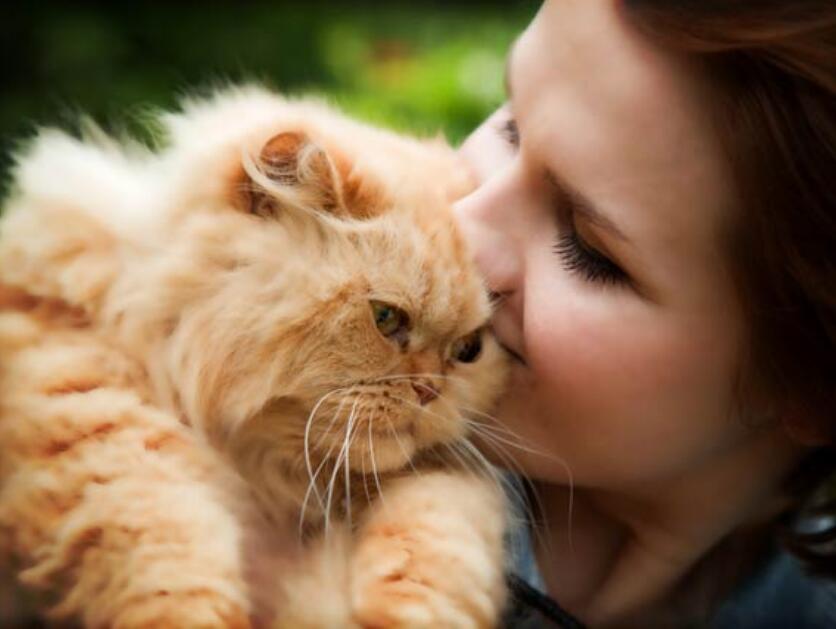 Most people think of cancer as the silent killer of pets, but did you know that kidney disease can also take your cat’s life unexpectedly? In fact, chronic kidney disease (CKD) is the number one killer of cats in the United States, according to the Morris Animal Foundation. To better prepare and protect your cat from this terrible affliction, read on to learn more about how kidney disease affects cats.
Most people think of cancer as the silent killer of pets, but did you know that kidney disease can also take your cat’s life unexpectedly? In fact, chronic kidney disease (CKD) is the number one killer of cats in the United States, according to the Morris Animal Foundation. To better prepare and protect your cat from this terrible affliction, read on to learn more about how kidney disease affects cats.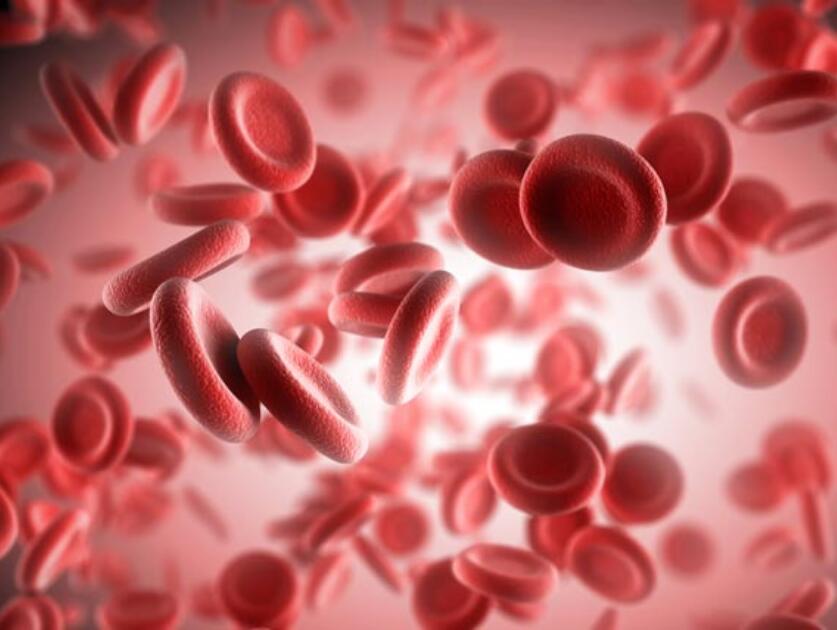 1. The kidneys are vital
1. The kidneys are vital
According to the Washington State University College of Veterinary Medicine, your cat’s kidneys “act as a complex filter that removes waste products from the blood that are produced by the breakdown of food, old cells, toxins or poisons, and many medications used to treat other diseases.” Your cat’s two kidneys also help regulate blood pressure, calcium and vitamin D metabolism, and produce a substance that helps create new red blood cells. Because of the various functions of the kidneys, cats with kidney disease may exhibit a variety of symptoms. However, these signs may not become apparent as quickly as you might think.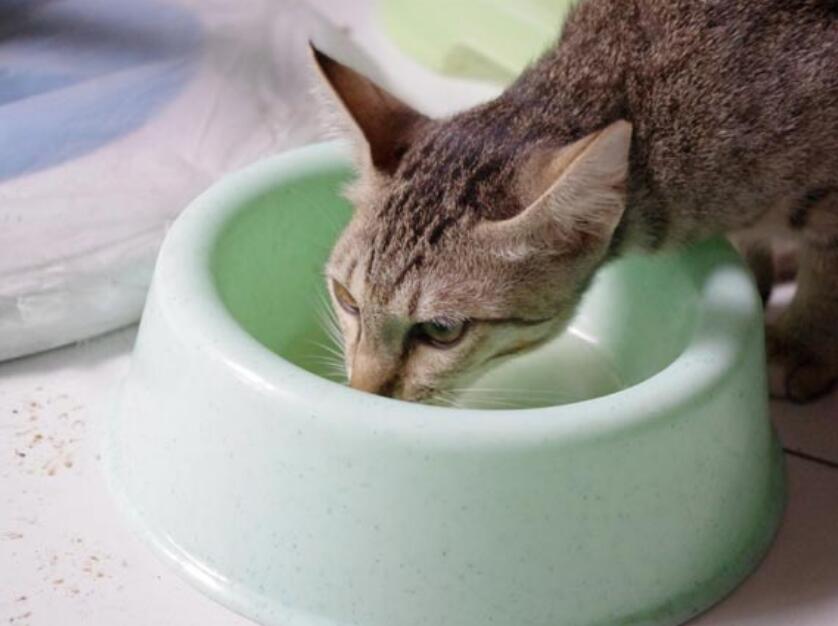 2. Signs of kidney disease may take time to show up
2. Signs of kidney disease may take time to show up
The kidneys are made up of microscopic kidney elements. As your cat gets older or has kidney damage, some kidney elements begin to die and other reserve (or “resting”) kidney elements take their place. Once there are no more kidneys left, your cat may begin to show signs of kidney damage, such as loss of appetite, weight loss, increased thirst and anemia. However, this often only happens once 75% of the kidney function (2/3 of the kidney units) has been lost. This is why it is so important that you take your cat to the vet at least once a year and stay alert to abnormal behavior. It can help prevent kidney disease in your cat from the beginning.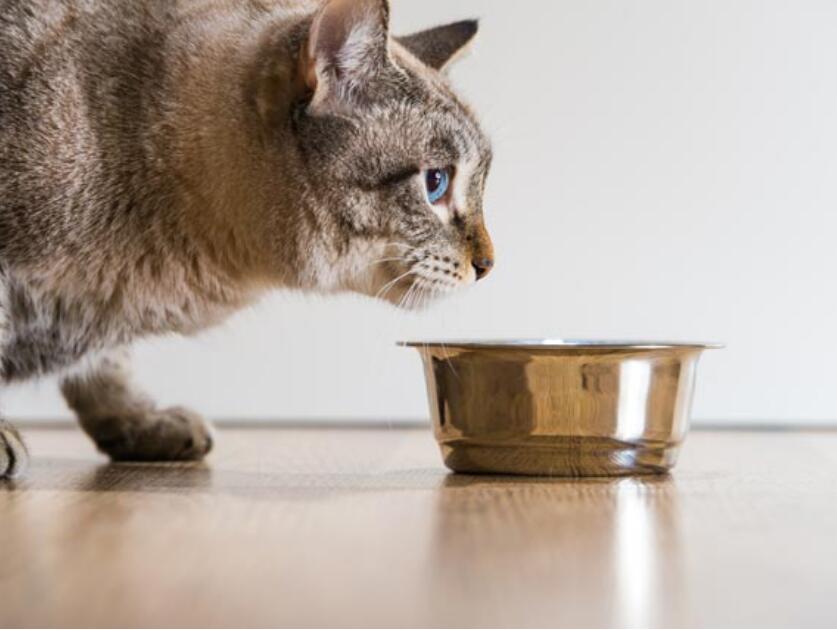 3. Kidney disease is usually treatable
3. Kidney disease is usually treatable
Ultimately, the severity of your cat’s kidney disease symptoms will determine what kind of treatment is needed. Some common treatments for kidney disease include medications, fluid therapy, dialysis and dietary management. Cats with kidney disease typically eat a diet that is low in phosphorus, salt and protein. Your veterinarian may also recommend a lower protein diet for your older cat if early renal insufficiency is not detected or suspected.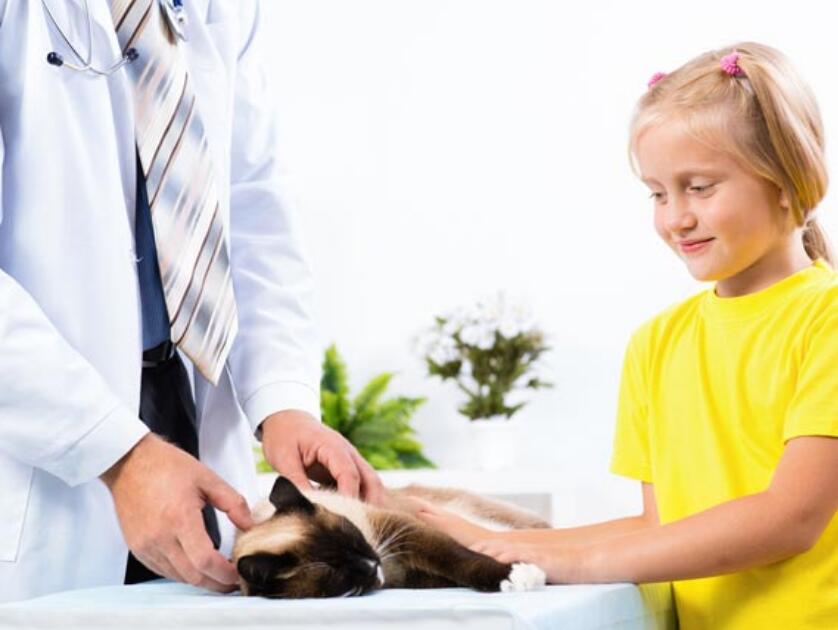 4. Kidney disease can usually be prevented
4. Kidney disease can usually be prevented
Kidney disease has many different causes – birth defects, cancer, toxins and nutritional factors, to name a few. That’s why it’s crucial to take your cat for regular veterinary checkups and discuss with him or her how best to keep your cat healthy.

